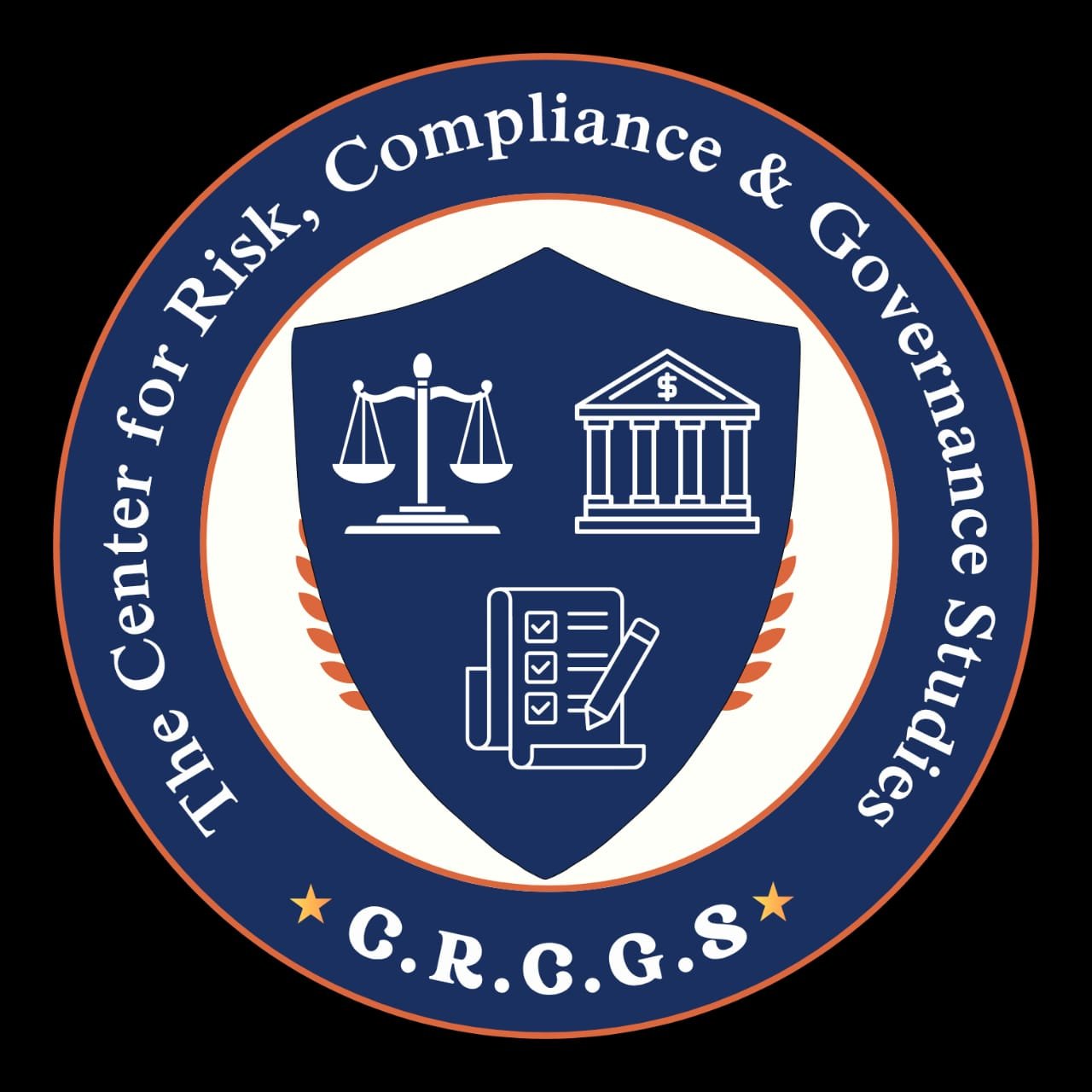Knowing the Fundamentals: What Is Financial Crime and Why Is It Important?

Knowing the Fundamentals: What Is Financial Crime and Why Is It Important?
Financial crime has become a serious threat to financial institutions, governments, and individuals in the modern, globally interconnected economy. Fighting financial crime has become a top priority for regulatory agencies, law enforcement, and corporate compliance teams worldwide due to the billions of dollars that are laundered, stolen, or misappropriated annually.
Financial Crime: What Is It?
A wide range of illicit activities involving money, financial assets, or financial services is collectively referred to as financial crimes. Crimes like money laundering, terrorist financing, fraud (including credit card, mortgage, and insurance fraud), bribery and corruption, tax evasion, identity theft, insider trading, and sanctions evasion are usually included.
These crimes can occur across multiple jurisdictions and frequently intersect with other types of organised crime, making them intricate and challenging to track down.
The Financial Crime's Scope
Financial crime has a broad and constantly changing scope. Criminals' strategies to take advantage of weaknesses in financial systems are evolving along with technology. Traditional financial crime has taken on a new dimension thanks to cyber-enabled financial crimes like ransomware attacks, phishing scams, and crypto-related frauds.
An estimated 2–5% of the world's GDP, or between $800 billion and $2 trillion, is laundered annually, according to the United Nations Office on Drugs and Crime (UNODC). The enormous scope and worldwide reach of financial crime are highlighted by this statistic.
Why Financial Crime Is Important
1. Financial Systems Are Undermined
Unchecked financial crime destabilises economies and erodes public confidence in financial institutions. For instance, money laundering gives criminal organisations the ability to justify their illegal profits, which permits more unlawful activity.
2. Endangers the Security of the Nation and the World
National and international security may be seriously threatened by the financing of terrorism and the illicit transfer of funds across international borders. Fighting terrorism and transnational crime requires tracking and severing these funding sources.
3. Promotes Inequality and Corruption
Bribery, tax evasion, and illegal financial flows cause corruption and economic inequality by taking funds away from vital services like healthcare and education.
4. Risk to Regulation and Reputation
Financial institutions risk harsh regulatory sanctions, legal action, and harm to their reputation if they neglect to identify or report financial crime. This emphasises how crucial strong know-your-customer (KYC) and anti-money laundering (AML) initiatives are.
5. Corporate Responsibility and Compliance
Corporate responsibility has assumed a central role in the age of ESG (Environmental, Social, and Governance) investing. In addition to preventing financial crime within their operations, businesses are expected to assess the risk of financial crime in their suppliers, partners, and customers.
The Function of Compliance with Financial Crime
Organisations make significant investments in financial crime compliance frameworks, such as automated transaction monitoring systems, to reduce these risks.
Improved customer due diligence; identification of politically exposed persons (PEPS) and sanctions screening; ongoing staff training; regulatory reporting and filing of suspicious activity.
Institutions should develop their financial crime compliance programs by international standards established by regional regulators and the Financial Action Task Force (FATF).
Conclusion
Anyone working in finance, business, or governance needs to understand financial crime; compliance professionals are not the only ones who need to know this. Our methods for identifying, stopping, and dealing with financial crime must also evolve in tandem with the criminals. Protecting the integrity of our financial systems requires a proactive, technologically advanced, and internationally coordinated strategy.

 CRCGS
CRCGS 





